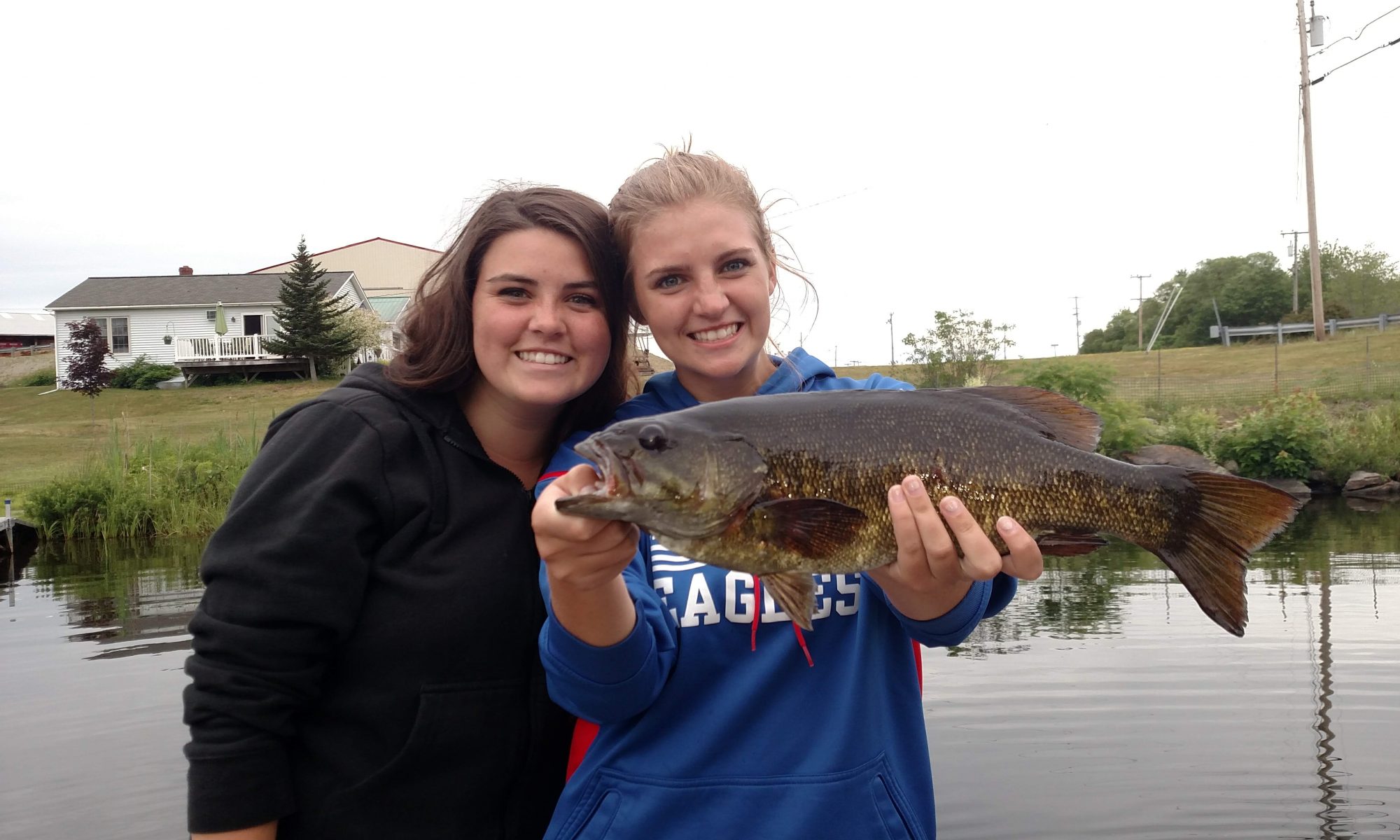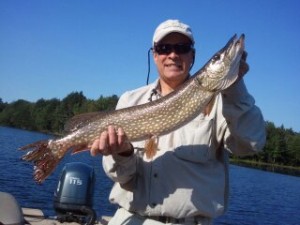Hi my name is John O’Connor, I am a father, outdoorsman and passionate about living a healthy lifestyle. Over the past few years I have become more and more interested in hearing loss. My father and grandfathers, who are and were all hunters, are affected by hearing loss. I feel that there is a general lack of understanding around the issue and it is our job to spread awareness where we can. Check out my new blog at bloggingwjohno.blogspot.com!
Protect Yourself from Hearing Loss While Hunting
Millions of Americans either own a gun or use one for hunting or other recreational purposes. As a result, thousands of hunters and sportsmen experience hearing loss due to the noise from firing a gun. Not all recreational shooters suffer damage, but it only takes a single shot to leave you with temporary or permanent hearing loss. By then, it’s too late to do anything about it.
Hunters Need to Adequately Protect Themselves
A typical hunter doesn’t fire a gun all that much because most of his time is spent seeking and patiently waiting for that perfect shot. Wearing protection can sometimes feel like it’s a little overboard. That isn’t true because a good hunter will spend a lot of time throughout the year firing practice shots. Since it isn’t hunting that actually causes the damage, you need to protect yourselves from hearing loss at the practice range as well as while hunting. That goes for your buddies or anyone else who might be nearby when the gun goes off. The noise causes the problem.
The Adult Audiology Department of Washington University cautions individuals that repeated exposures to loud noises such as firecrackers, loud machinery, power tools, lawn mowers or gunshots over an extended period can gradually result in hearing loss. It doesn’t have to happen all at once. Continuous noise can easily damage the hair follicles inside your ear and result in sensorineural hearing loss.
How to Protect Yourself from Hearing Loss
The easiest way to protect yourself is to limit the time you spend being exposed to loud noises, but that isn’t practical for hunters or those practicing at a firing range. My father who has always been a hunter and regular at the shooting range, has been affected by hearing loss as long as I can remember. He often times didn’t take the proper precautionary steps in protecting his hearing while hunting and as the years have gone by his hearing has paid for it. Due to hunting and many other reasons he wears a hearing aid to help amplify sound. Although his hearing levels have decreased dramatically, he still loves to get out a hunt but now when he checks his gear he first always makes sure he has his hearing aids in and that he has packed his earmuffs.
Hearing protection is essential while hunting. Here are a few devices that will be able to protect your hearing while hunting or hitting the shooting range.
In-Ear Hunting Hearing Aids: These devices work similar to how a standard hearing aid or hearing aids work. They look just like a hearing aid and slip inside the ear. These protective aids come in both ear canal or behind the ear models. Although they amplify hearing, their benefit to hunters is that when a loud sound occurs, their volume automatically drops to a safe level.
Shooting Ear-Plugs: Unlike traditional ear plugs that block out all noise, these plugs contain an acoustic filler that allows some sound to get through. They work by an acoustic valve that closes when struck by a sound wave when a gun is fired.
Ear muffs: Ear muffs are popular among hunters because they are easy to put on and take off. They come in electronic or more passive styles. Electronic muffs shut off instantly when a loud sound reaches the cup, while passive ear muffs use foam to tightly protect the ear. Many styles fold up for easy traveling and are designed to not interfere with your gunstock when shooting. They are less effective than earplugs, but earmuffs are easier to make sure they are in place.
As days go by we often over look our hearing. If you enjoy hunting or shooting make sure you are protecting your ears. Protecting your hearing now can prevent hearing loss in the future.




